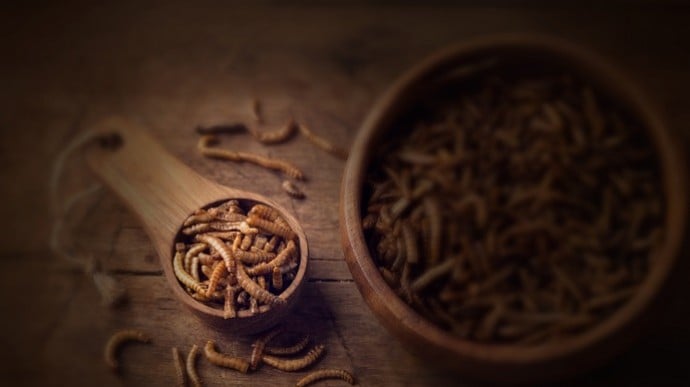Listen to the Nature podcast where a round up of the UP and partners study is mentioned explaining what happens when environments get more dry and plant species numbers drop, but the number of traits increase and the global significance of this research.
Prof Peter Le Roux, Prof Thulani Makhalanyane and Nature.com/articles/d41586-024-02578-0
September 25, 2024

Professor Peter le Roux's broad research interest is community ecology, with particular attention to interspecific interactions, the impacts of global environmental change, and how the former mediates the impacts of the latter. His research goal is to improve our understanding of what determines species fine- and coarse-scale distributions and the composition of communities, with the aim of apply this knowledge to understanding the ecological impacts of changes in environmental conditions.

Professor Thulani Makhalanyane graduated from the University of the Western Cape with an MSc (cum laude) (2009) and a PhD (2013).
After completing his doctoral studies, he moved to the University of Pretoria (UP) where his research has focused almost entirely on understanding the ecology of microbial communities in extreme environments. These habitats include soil microbial communities in the Antarctic Dry Valleys, the Namib Desert and increasingly in South African regions such as the Southern Ocean.
In 2014, after a period as a postdoctoral fellow, Prof Makhalanyane was appointed as a lecturer before being promoted to associate professor in 2019. He holds the DSI/NRF SARChI Chair in Marine Microbiomics and continues to undertake research at UP. He supervises 14 postgraduate students at master’s and doctorate levels.
Prof Makhalanyane has generated over 60 publications since 2012 (H index 25), and his work has been presented at several international meetings, including the International Symposium on Microbial Ecology. He serves on national and international panels, representing South Africa in bilateral discussions. He also serves on several editorial boards and is senior editor at three journals: the ISME Journal, mSystems and Communications Biology.
Prof Makhalanyane was elected to the board of the ISME Society in October 2018 and is a member of the Executive Advisory Board. He is a Fulbright Scholar and has received several awards, including the TW-Kambule-NSTF Award (Emerging Researcher), and was given a prestigious NRF P rating.
 Story
Story
Cricket à la king? How about a yellow mealworm burger? Foods that may previously have evoked a ‘yuck’ response are now firmly on the menu. Research into edible insects by the Department of Zoology and Entomology at the University of Pretoria (UP) is exploring how to rear and harvest this food of the future.
 Story
Story
A single query to ChatGPT uses as much electricity as burning a light bulb for about 20 minutes. Multiply that by the millions of requests that this artificial intelligence (AI) chatbot receives each day, and the environmental impact is ominous.
 Story
Story
University of Pretoria (UP) researchers have found that the antioxidant content of certain types of tea can be likened to that found in recommended portions of fruit and vegetables.
Copyright © University of Pretoria 2025. All rights reserved.
Get Social With Us
Download the UP Mobile App